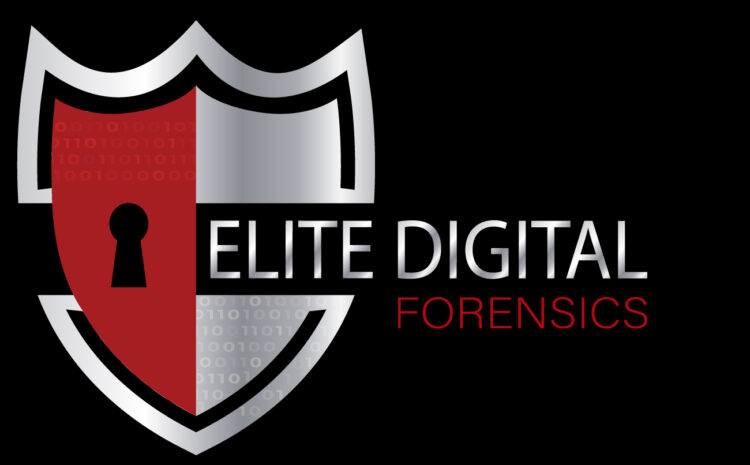
Cyber Tip Tuesday: Social Engineering Tactics – Your Psychology as a Weapon
Hello, Cyber Community! Welcome to this week’s edition of Cyber Tip Tuesday. Today, we’re diving into the psychological tactics that cybercriminals use to manipulate us: Social Engineering. Unlike traditional hacking, which focuses on breaking into systems, social engineering exploits human vulnerabilities to gain unauthorized access to information or networks.
Common Social Engineering Tactics:
- Pretexting: Here, the attacker invents a fabricated scenario to obtain information. For example, they might pose as an IT support person and ask you for your login credentials to ‘fix’ a non-existent issue.
- Baiting: The criminal promises something enticing to the end-user as a way to deceive them into divulging confidential information. Free USB drives loaded with malware are a common example.
- Tailgating: This physical form of social engineering involves following an authorized person into a secure area. Always make sure to check for badges and clearances when entering secure premises.
- Quid Pro Quo: In this method, something is offered in exchange for information. A popular example is a phone scam where ‘tech support’ offers free software in exchange for access to your system.
How to Counter Social Engineering:
- Stay Skeptical: Always verify the identity of anyone requesting sensitive or personal information.
- Keep Policies Updated: Ensure your company’s security policies are updated and understood by all employees. Training sessions can help employees recognize social engineering attempts.
- Limit Information Sharing: Be cautious about what personal information you share online or in public. Social engineers often piece together information from various sources.
- Consult and Report: If something seems suspicious, consult with colleagues or supervisors and report the activity to your IT department or security personnel.
Why This Matters:
Social engineering attacks have been on the rise, and they often serve as a gateway for more severe forms of cybercrime. By understanding these tactics, you’re better equipped to guard against them, both in your professional and personal life.
So, the next time someone you don’t recognize asks for your login details or offers you a free USB drive, think twice. Awareness and caution are your best defense against social engineering.
Until next Tuesday, stay safe and cyber-smart!
#CyberTipTuesday #SocialEngineering #CyberSecurity #DigitalForensics #EliteDigitalForensics